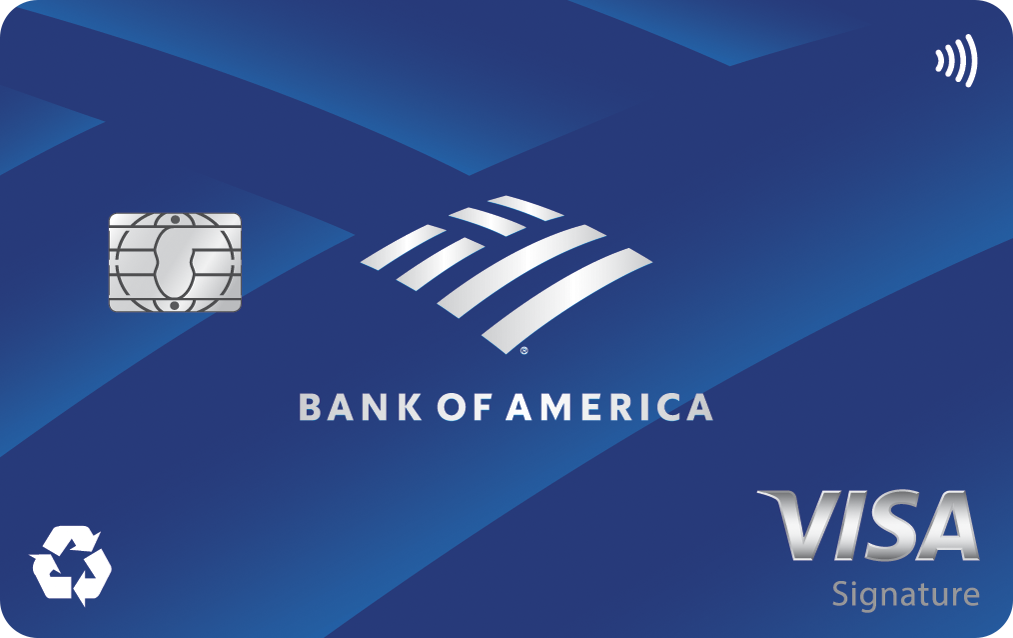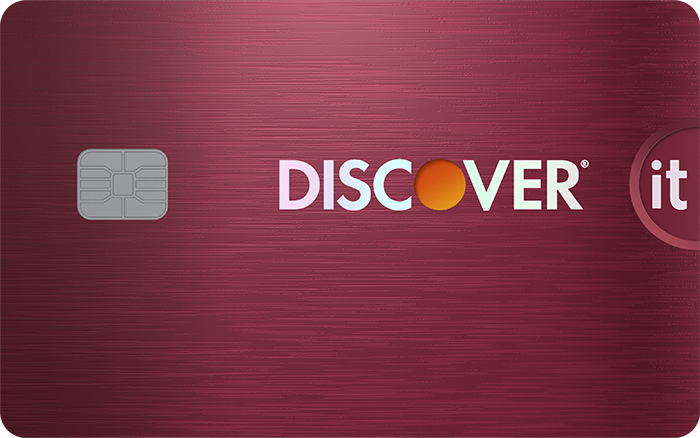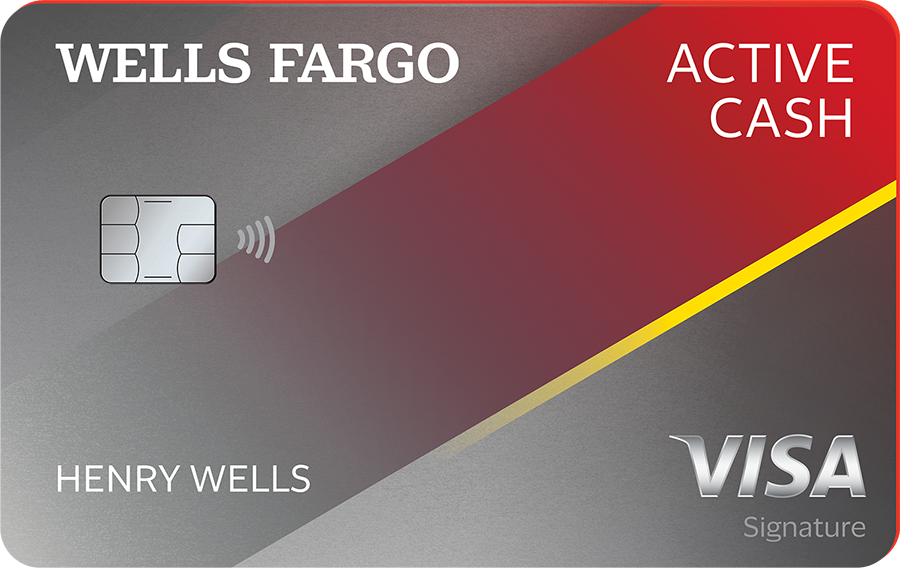Credit card rewards are a controversial subject. Some financial experts, most notably Dave Ramsey, say credit card rewards are bad news and cost you money. On the other hand, there are also plenty of rewards enthusiasts who save money with their credit cards. So, are credit card rewards worth it? They absolutely can be, as long as you make sure to avoid interest charges.
Are credit card rewards worth it?
Yes, credit card rewards are worth it if you pay your credit card bill in full every month. By doing that, you won't be charged credit card interest on your purchases.
The great thing about rewards is they allow you to get value back on every eligible purchase, just because you're paying by credit card. Here's a simple way to look at it -- if you had the option of getting 2% back on your groceries, gas, and other bills, with no effort required on your part, it would make sense to take that deal. With rewards credit cards, you can get exactly that.
However, you only come out ahead if you're not getting charged interest. That's why it's so important to consistently pay your bill in full every month and only buy what you can afford.
Credit card comparison
We recommend comparing options to ensure the card you're selecting is the best fit for you. To make your search easier, here's a short list of standout credit cards.
| Offer | Our Rating | Welcome Offer | Rewards Program | APR | Learn More |
|---|---|---|---|---|---|
|
Rating image, 4.50 out of 5 stars.
4.50/5
Our ratings are based on a 5 star scale.
5 stars equals Best.
4 stars equals Excellent.
3 stars equals Good.
2 stars equals Fair.
1 star equals Poor.
We want your money to work harder for you. Which is why our ratings are biased toward offers that deliver versatility while cutting out-of-pocket costs.
|
Discover will match all the cash back you’ve earned at the end of your first year. | 1% - 5% Cashback Earn 5% cash back on everyday purchases at different places you shop each quarter like grocery stores, restaurants, gas stations, and more, up to the quarterly maximum when you activate. Plus, earn unlimited 1% cash back on all other purchases. |
Intro: Purchases: 0%, 15 months Balance Transfers: 0%, 15 months Regular: 18.24% - 27.24% Variable APR |
||
|
Rating image, 5.00 out of 5 stars.
5.00/5
Our ratings are based on a 5 star scale.
5 stars equals Best.
4 stars equals Excellent.
3 stars equals Good.
2 stars equals Fair.
1 star equals Poor.
We want your money to work harder for you. Which is why our ratings are biased toward offers that deliver versatility while cutting out-of-pocket costs.
|
$200 cash rewards Earn a $200 cash rewards bonus after spending $500 in purchases in the first 3 months. | 2% cash rewards Earn unlimited 2% cash rewards on purchases. |
Intro: 0% intro APR for 12 months from account opening on purchases and qualifying balance transfers Purchases: 0% intro APR, 12 months from account opening Balance Transfers: 0% intro APR, 12 months from account opening on qualifying balance transfers Regular: 19.24%, 24.24%, or 29.24% Variable APR |
||

Apply Now for Bank of America® Travel Rewards credit card
On Bank of America's Secure Website. |
Rating image, 4.00 out of 5 stars.
4.00/5
Our ratings are based on a 5 star scale.
5 stars equals Best.
4 stars equals Excellent.
3 stars equals Good.
2 stars equals Fair.
1 star equals Poor.
We want your money to work harder for you. Which is why our ratings are biased toward offers that deliver versatility while cutting out-of-pocket costs.
|
25,000 points 25,000 online bonus points after you make at least $1,000 in purchases in the first 90 days of account opening - that can be a $250 statement credit toward travel purchases | 1.5-3 points per dollar Earn unlimited 1.5 points per $1 spent on all purchases, with no annual fee and no foreign transaction fees, and your points don't expire as long as your account remains open. Earn 3 points per $1 spent on travel purchases booked through the Bank of America Travel Center. |
Intro: 0% Intro APR for 15 billing cycles for purchases. 0% Intro APR for 15 billing cycles for any balance transfers made in the first 60 days. After the intro APR offer ends, 18.24% - 28.24% Variable APR on purchases and balance transfers will apply. A 3% fee for 60 days from account opening, then 4% fee applies to all balance transfers. Balance transfers may not be used to pay any account provided by Bank of America. Purchases: 0% Intro APR for 15 billing cycles for purchases Balance Transfers: 0% Intro APR for 15 billing cycles for any balance transfers made in the first 60 days Regular: 18.24% - 28.24% (Variable) |
Apply Now for Bank of America® Travel Rewards credit card
On Bank of America's Secure Website. |
The argument against credit card rewards
If you avoid interest charges, then credit card rewards are like free money. So why is it that some experts make it seem like rewards are a bad thing?
The biggest criticism of credit card rewards is they incentivize spending money. It's already easy enough to overspend with credit cards and end up in debt. When you're earning points or cash back, it's even more tempting to make that big impulse buy you really shouldn't.
I've never been a fan of this line of thinking. You're missing out on something beneficial to you because of a worst-case scenario that's 100% avoidable.
Sure, credit card rewards incentivize spending more, but you're still in full control of what you spend. If you have a budget and you track expenses, you can get all the benefits of credit card rewards with no interest or credit card debt.
What about annual fees?
Another criticism I see all the time is those rewards aren't free, because some rewards cards have annual fees.
That's not much of an argument. There are rewards cards with annual fees, but there are also many cards that earn rewards and don't charge one. If you're not interested in paying for a card, stick to no annual fee credit cards.
The cards with annual fees tend to have more perks, so it's not as if you're paying a fee for nothing, either. For example, I carry some credit cards with annual fees, but it's because I've done the math and I know they're saving me a lot more than what they cost.
LEARN MORE: Is Your Credit Card Annual Fee Worth It?
How rewards credit cards work
If you're interested in rewards credit cards, the first step is learning how they work. A rewards credit card earns rewards, normally in the form of cash back, points, or miles, when you use it to pay for purchases. These rewards are tied to your credit card account, and you can redeem them with the credit card company.
There are all kinds of different types of rewards cards to choose from, and we've covered the most popular ones below.
Cash back credit cards
Cash back credit cards earn cash rewards on purchases. If your card earns 2% cash back, then $1,000 in eligible purchases would be worth $20. Most card issuers let you use cash back as a statement credit to reduce your credit card bill. Some of them also let you transfer cash back to your bank account or request a check for it.
Many consumers love cash back cards, and for good reason. They're easy to understand and don't require much time or knowledge on the cardholder's part.
Travel rewards credit cards
Travel rewards credit cards earn points or miles on purchases. You can redeem these rewards for travel spending.
LEARN MORE: How Do Credit Card Points Work?
When searching for a travel credit card, you have a few different options available. There are airline credit cards that earn credit card miles with a specific airline. There are also hotel credit cards that earn rewards points with a specific hotel chain.
Finally, there are more all-purpose travel credit cards. Some of these earn rewards you can redeem at a set rate, such as $0.01 per point, toward travel purchases. Others have transferable rewards you can send to airline and hotel partners in that card's rewards program. These include the American Express Membership Rewards cards and Chase Ultimate Rewards cards, among others.
It takes a bit more time to learn the ins and outs of travel cards compared to straightforward cash back cards. If you love to travel, that could be time well spent. Travel rewards can help you travel for free with credit card points, and these cards often have extra travel perks as well.
SEE TOP OPTIONS:
Bonus category credit cards
Bonus category credit cards earn more in specific spending categories. You can find cards that earn bonus rewards on groceries, gas, dining, and much more. There are both cash back and travel credit cards with bonus categories.
Cards with bonus categories can help you maximize credit card rewards if a lot of your regular spending is concentrated in certain areas. For example, families often benefit from gas and grocery credit cards, if those match their normal spending habits.
Should you get a rewards credit card?
If you have a good credit score and you always pay your card's full statement balance each month, a rewards credit card is a great choice.
The top credit cards, including top rewards cards, are almost always targeted at people with good credit. That means a FICO® Score of 670 or higher. If your score is in that range, then you could get a quality rewards card that will save you money, either through cash back or credit card rewards points.
COMPARE TOP PICKS: Best Rewards Credit Cards
FAQs
-
Credit card points are worth it for consumers who follow good spending habits and don't mind learning how points work. There are usually multiple ways to use credit card points, and once you find a redemption you like, you can get plenty of value from them. The key is to pay your credit card bill in full to earn points without incurring interest charges.
-
Yes, cash back credit cards are worth it if you pay off your card's full balance every month. You'll earn cash rewards on your purchases without any interest charges from the credit card issuer. It's an easy way to get money back on your regular expenses at no cost to you.
-
Credit card points are a smart way to get value back on money you're already spending, but they do require financial discipline. Some consumers fall into the trap of spending more just because they're earning points. For credit card points to be worth it, you need to follow a budget and avoid overspending.
We're firm believers in the Golden Rule, which is why editorial opinions are ours alone and have not been previously reviewed, approved, or endorsed by included advertisers. Motley Fool Money does not cover all offers on the market. Motley Fool Money is 100% owned and operated by The Motley Fool. Our knowledgeable team of personal finance editors and analysts are employed by The Motley Fool and held to the same set of publishing standards and editorial integrity while maintaining professional separation from the analysts and editors on other Motley Fool brands. Terms may apply to offers listed on this page.
The Motley Fool owns shares of and recommends Visa.

